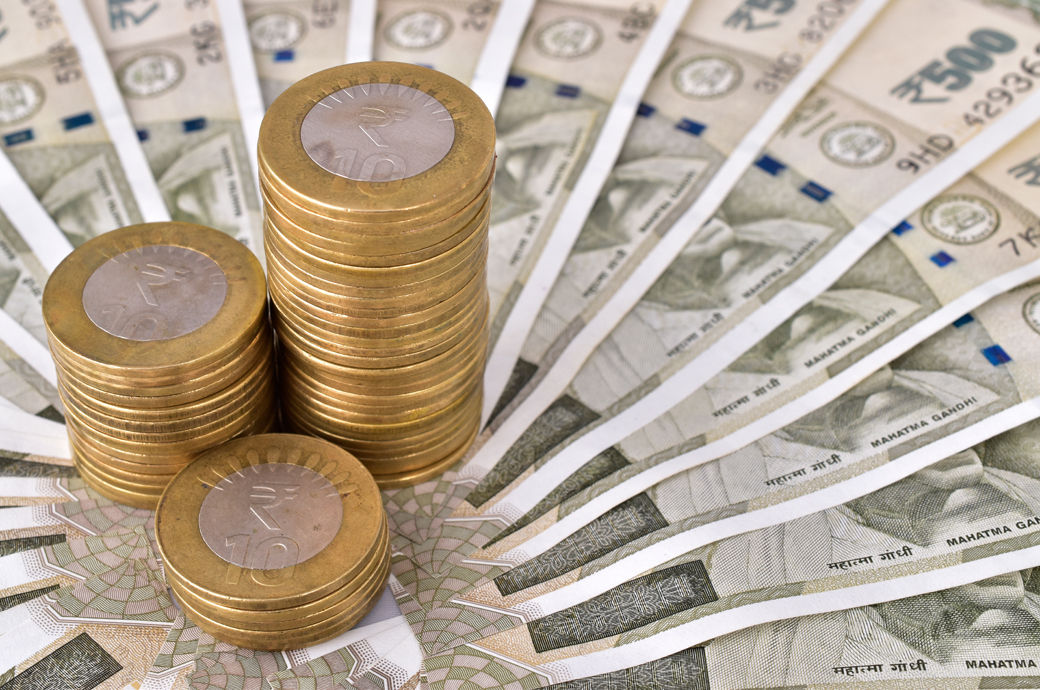
DBS expects fiscal 2024-25 (FY25) and FY26 growth to moderate to a more sustainable real growth of 6-per cent handle. Inflation rate in the country is expected to settle into a sub-5 per cent range in the two fiscals.
Quality of growth is also likely to improve as macro balances remain in check alongside a changing trade composition, it said.
Equity markets have provided corporates with growth capital for investments, besides active participation of banks, private capital and efforts to deepen the domestic corporate debt market, the report said.
Bond index inclusion has jumpstarted inflows into the sovereign debt markets, with more global benchmarks set to include Indian government bonds (IGBs) next year.
Quality of growth is likely to improve as macro balances remain in check alongside a changing trade composition. Lifting employment generation and by extension boosting incomes will be the vital objective for the administration in the rest of its term, the report noted.
After a strong 8.2-per cent finish in fiscal 2023-24 (FY24), incoming data across growth drivers is pointing toward near-term moderation. Factors range from sticky inflation eroding real purchasing power and tight financing conditions, as well as idiosyncratic forces.
A tug-of-power between demand and supply forces is likely to see the latter dominate the course for consumer price index-based inflation in the near-term.
Next President Donald Trump will likely take issue with America’s significantly larger trade deficit with India, which accumulated during President Joe Biden’s term, the report observed.
Trump has been vocal about his disapproval of India’s tariffs on American goods, often labelling them as unfair and excessive in restricting US firms’ access to India’s large domestic market.
While relatively resilient versus its Asian peers, the Indian rupee will face challenges from Trump’s second innings, the report added.
Fibre2Fashion News Desk (DS)